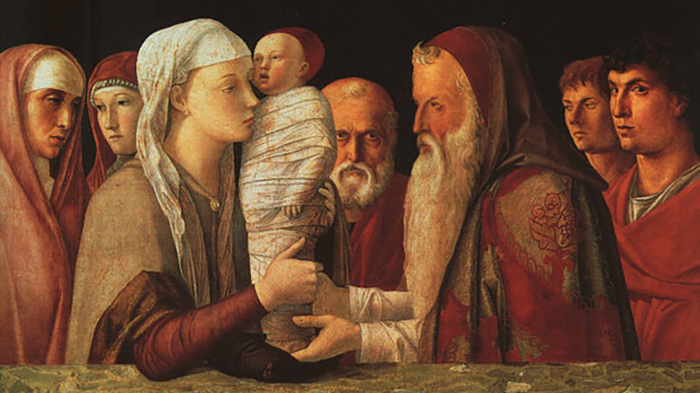
God is unimaginable. God cannot be circumscribed and put into a mental picture of any kind. Thank goodness. If God could be understood, God would be as limited as we are. But God is infinite. Infinity, precisely because it’s unlimited, cannot be circumscribed. Hence, it cannot be captured in a mental picture. Indeed, we don’t even have a way of picturing God’s gender. God is not a man, woman, or some hybrid, half-man and half-woman. God’s gender, like God’s nature, is intellectually inconceivable. We can’t grasp it and have no language or pronoun for it. God, in a modality beyond the categories of human thought, is somehow perfect masculinity and perfect femininity all at the same time. It’s a mystery beyond us. But while that mystery cannot be grasped rationally, we can know it intimately. We can know God in a radical intimacy, even as we cannot conceptualize God with any adequacy. God may be ineffable, but God’s nature is known. Divine revelation, as seen through nature, as seen through other religions, and especially as seen through Jesus, spells out what’s inside God’s ineffable reality. And what’s revealed there is both comforting beyond all comfort and challenging beyond all challenge. What’s revealed in the beauty of creation, in the compassion that’s the hallmark of all true religion, and in Jesus’ revelation of his Father takes us beyond a blind date into a trustworthy relationship. Nature, religion, and Jesus conspire together to reveal an Ultimate Reality, a Ground of Being, a Creator and Sustainer of the universe, a God who is wise, intelligent, prodigal, compassionate, loving, forgiving, patient, good, trustworthy, and beautiful beyond imagination. And as our reflection verse tells us, he will “never forsake you or abandon you.”[1]
[1] Excerpt from Ron Rolheiser’s reflection: “God’s Ineffability”, September 2015.








